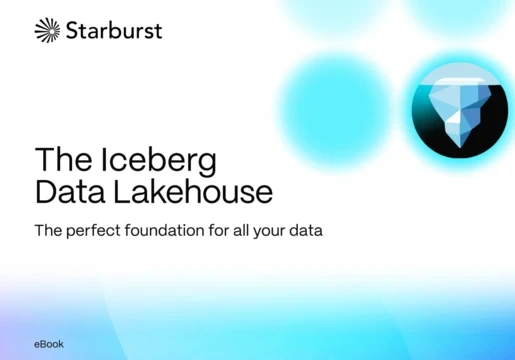As cloud adoption grows, so do the challenges of managing costs effectively. Cloud environments offer scalability and flexibility but often come with hidden fees, unpredictable expenses, and resource sprawl that can quickly inflate budgets. Without the right tools and strategies, businesses may struggle to track spending, identify waste, and maintain budget alignment.
Usage-based reporting is pivotal in this process, providing the granular visibility needed to understand real-time consumption patterns and optimise costs. Businesses can align expenses directly with value-driven activities by tracking how, where, and when resources are used. From preventing overspending to fostering accountability, usage-based reporting empowers teams to proactively manage their cloud expenses, turning cloud cost management into a strategic advantage rather than a recurring headache.
In this episode, George Firican, Founder of LightsOnData, speaks to Rem Baumann, Resident FinOps Expert at Vantage, about usage-based reporting and its benefits.
Key Takeaways:
- Organisations face challenges in tracking complex cloud costs.
- Usage-based reporting provides context to cloud spending.
- Metrics should align with business goals for effective decision-making.
- Communication between finance and engineering teams is crucial.
- Identifying cost optimisation opportunities can lead to significant savings.
- Different industries require customised cost metrics.
- Cloud providers offer basic tools, but deeper insights are needed.
- Regular monitoring of metrics ensures financial transparency.
Chapters:
00:00 - Introduction to Cloud Cost Management
03:03 - Understanding Cloud Complexity and Cost Tracking
05:53 - The Role of Usage-Based Reporting
09:06 - Metrics for Cost Optimization
12:02 - Industry-Specific Applications of Cost Metrics
14:49 - Aligning Cloud Costs with Business Goals
18:09 - Conclusion and Key Takeaways









Comments ( 0 )